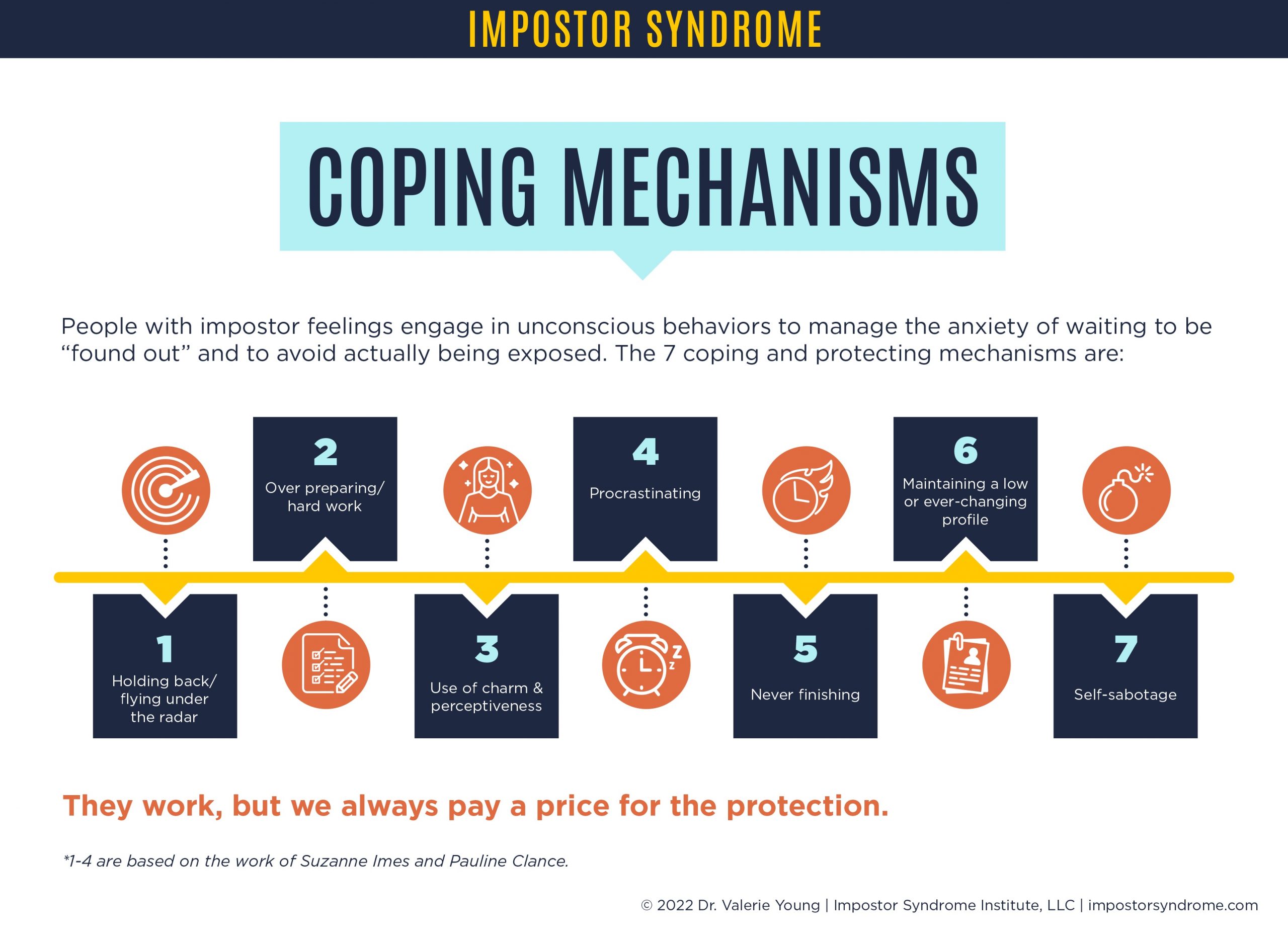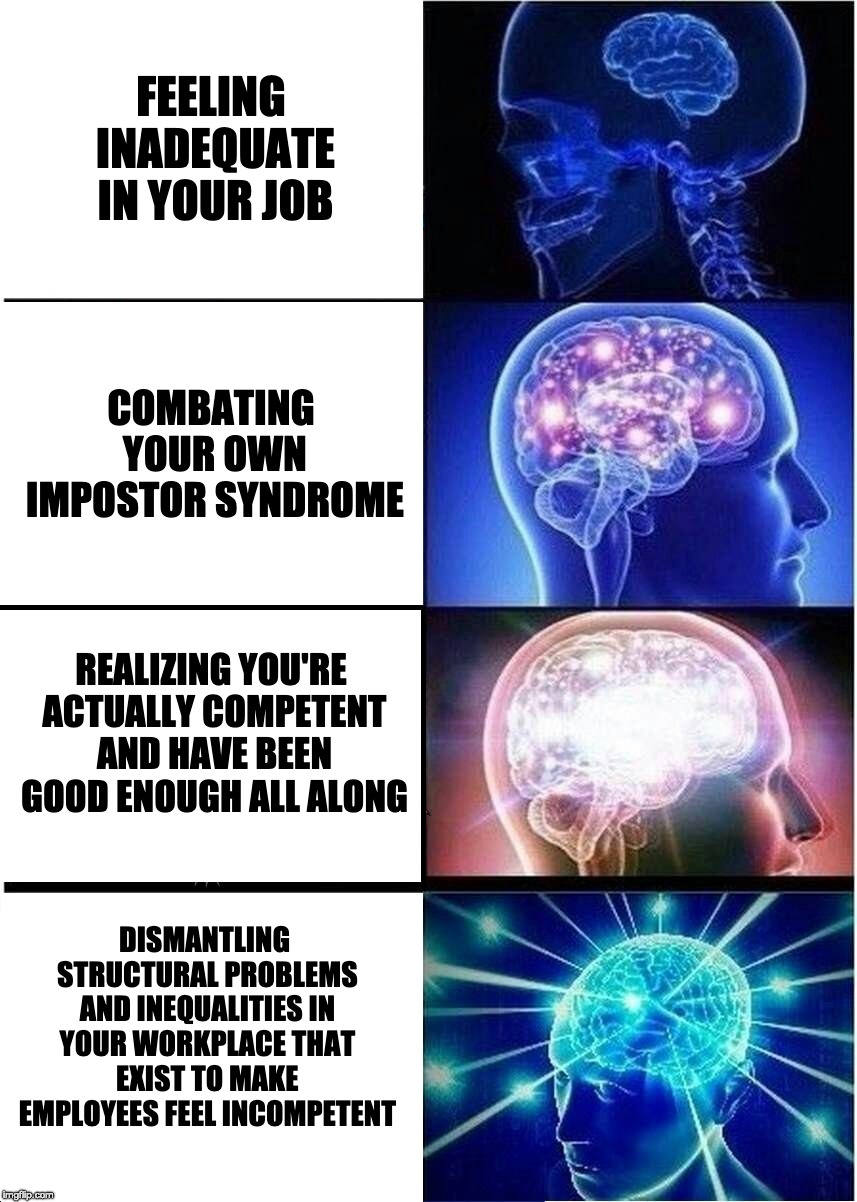How Procrastination, Emotional Dependency, and Impostor Syndrome Impact Your Life
How Procrastination, Emotional Dependency, and Impostor Syndrome Impact Your Life
Blog Article
In the modern age, people often face internal obstacles that hinder their success. Among these, procrastination, emotional dependency, and impostor syndrome stand out as common issues. What can you do to break free from these patterns?
This article, we will explore the root causes and strategies to address these three challenges. By understanding their impact and learning to manage them effectively, you can take control of your life.
What is Procrastination?
Procrastination refers to postponing important activities even when you are aware of the consequences. It often stems from fear of failure, lack of motivation, or poor time management.

When procrastination dependência emocional takes over, it can lead to stress, missed opportunities, and reduced productivity. Overcoming procrastination requires practicing self-discipline and creating actionable plans. Consider techniques like the Pomodoro Technique or focusing on time-bound goals to stay on track.
The Nature of Emotional Dependency
Emotional dependency occurs when an individual relies heavily on others for validation, support, or happiness. While human connection is essential, emotional dependency turns detrimental when self-esteem is tied solely to others’ approval.

Common signs of emotional dependency include a fear of rejection, difficulty making decisions independently, and constant seeking of external approval. To overcome emotional dependency, it’s crucial to build self-confidence and cultivate self-reliance. Engaging in personal development activities and professional guidance can be helpful tools.
Recognizing and Managing Impostor Syndrome
Impostor syndrome is the persistent belief where someone feels like a fraud despite evident success. Those affected tend to undermine their abilities rather than skill or effort.

This mindset can lead to anxiety, self-doubt, and a fear of being “exposed”. To overcome impostor syndrome involves reframing negative thoughts and celebrating accomplishments. Seeking feedback from trusted peers and setting realistic expectations can also help you build confidence.
Steps to Overcome Procrastination, Emotional Dependency, and Impostor Syndrome
To navigate these issues, consider the following strategies:
- Develop structured daily plans and break larger tasks into smaller milestones.
- Recognize triggers that contribute to your emotional reliance and foster personal resilience.
- Acknowledge your strengths regularly and seek professional guidance if needed.
o que é a síndrome do impostor
Consistency is key, so keep practicing these methods to achieve lasting transformation.
Moving Forward from Mental Barriers
These challenges can feel overwhelming, but they are manageable with the right strategies. By understanding their roots and applying effective techniques, you open the door to personal growth.
Start today by recognizing these patterns in your life and adopting simple, actionable strategies. Always keep in mind: progress is a journey, not a destination.
Report this page